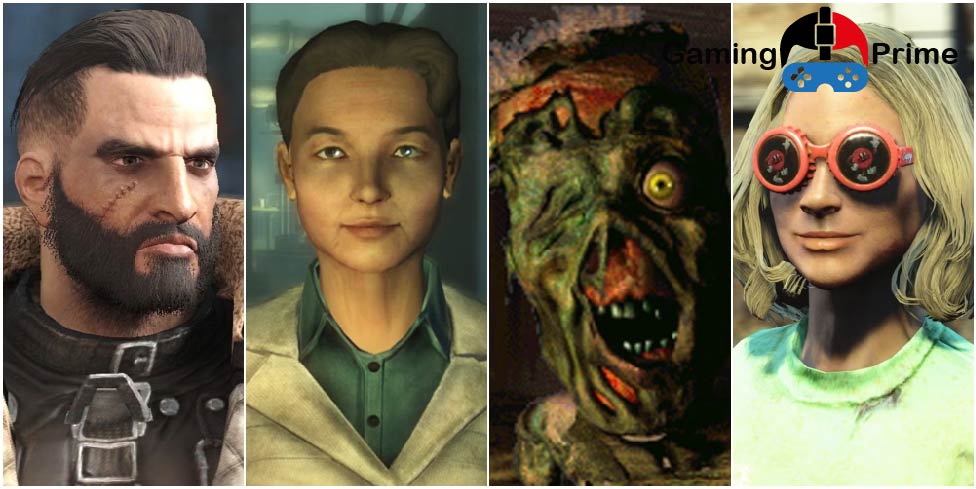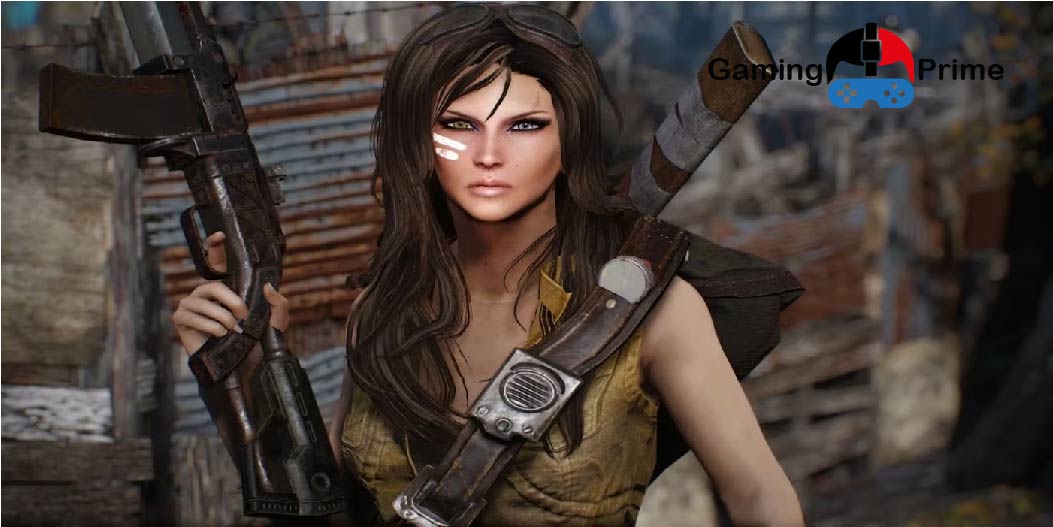The Fallout video game series is a hallmark of post-apocalyptic storytelling, offering players rich narratives, moral dilemmas, and unforgettable characters. From its inception, the franchise has introduced a cast of complex individuals, each contributing uniquely to the game’s immersive world. This article explores the key Fallout video game characters, their backstories, significance, and why they resonate with fans.
What Makes Fallout Video Game Characters Unique?
The Fallout series excels in character design because it combines narrative depth with moral ambiguity. Unlike many games that offer one-dimensional personalities, Fallout characters have layered motivations, often reflecting the harsh realities of a nuclear wasteland. These personalities, whether they be protagonists, antagonists, or companions, shape the player’s journey through the desolate landscape.
Top Fallout Video Game Characters: A Closer Look
1. Vault Boy
- Role: Mascot of the Fallout series.
- Significance: Vault Boy is not a playable character but remains a vital symbol of the Fallout universe. His cheerful demeanor contrasts with the grim tone of the games, appearing in menus, loading screens, and skill illustrations.
2. The Sole Survivor (Fallout 4)
- Backstory: As the protagonist of Fallout 4, the Sole Survivor awakens from cryogenic sleep to find their spouse murdered and their child kidnapped.
- Player Influence: This character serves as the player’s avatar, enabling personalized decision-making that influences the game’s outcome.
3. Dogmeat
- Appearances: Featured in multiple Fallout games, including Fallout 1, 3, and 4.
- Role: A loyal canine companion.
- Why Fans Love Dogmeat: His companionship offers comfort and utility in a world filled with danger, making him one of the most beloved characters in gaming history.
4. Nick Valentine (Fallout 4)
- Type: Synth Detective.
- Significance: Nick blends the aesthetic of a noir detective with the futuristic concept of synthetic humans. His questline delves into identity and the blurred line between human and machine.
- Impact: A fan-favorite, Nick Valentine embodies the moral complexities that define Fallout.
5. Liberty Prime
- Appearances: A massive robotic ally introduced in Fallout 3.
- Role: A weapon of mass destruction.
- Quirks: Known for its pro-American, anti-communist one-liners, Liberty Prime is both a comedic and awe-inspiring figure.
6. Three Dog (Fallout 3)
- Role: DJ of Galaxy News Radio.
- Significance: His charismatic personality and engaging commentary guide players through the Wasteland, providing both music and tips for survival.
7. The Mysterious Stranger
- Unique Trait: A random event character who appears in V.A.T.S. to assist players with critical attacks.
- Mystique: His unpredictable appearances and lack of a backstory have made him a legend in the Fallout community.
Fallout Video Game Characters as Companions
Characteristics of Fallout Companions
Companions in Fallout are more than sidekicks; they offer storylines, perks, and moral insights. They also represent diverse ideologies, giving players a chance to reflect on their decisions.
Notable Companions
| Character | Game | Role | Unique Perks |
|---|---|---|---|
| Piper Wright | Fallout 4 | Journalist and truth-seeker. | Gift of Gab (extra XP) |
| Boone | Fallout: NV | NCR sniper with a tragic past. | Spotter (enhanced aiming) |
| Strong | Fallout 4 | Super mutant searching for strength. | Berserk (damage boost) |

Common Misconceptions About Fallout Video Game Characters
1. They Lack Depth
While some critics argue that certain characters are archetypical, most Fallout figures evolve with the storyline, reflecting the consequences of player choices.
2. Fallout Characters are Static
In reality, the franchise’s commitment to player agency ensures many characters change based on the decisions made throughout the game.
How Fallout Video Game Characters Reflect Real-World Issues
1. Morality and Ethics
Characters like Caesar (from Fallout: New Vegas) challenge players to evaluate ideologies and question what constitutes justice or power in a chaotic world.
2. Technology and Humanity
Figures like Nick Valentine and other synths explore the relationship between humanity and artificial intelligence, a topic increasingly relevant today.
3. Societal Commentary
Fallout characters often embody critiques of capitalism, government control, and survivalism. For example, Mr. House represents unchecked corporate greed, while factions like the Brotherhood of Steel symbolize militaristic ideologies.
Recent Trends and Predictions for Fallout Characters
AI and Companions
The use of AI in character interactions is expected to become more advanced in future Fallout installments, offering deeper emotional connections with companions.
Customizable Protagonists
Future games might allow players to design even more nuanced protagonists, further blurring the line between player and character.
Inclusivity
The franchise has increasingly embraced diverse character portrayals, a trend likely to continue in upcoming titles.
Conclusion
The Fallout video game characters are an integral part of what makes the series a cultural phenomenon. Their rich backstories, dynamic relationships, and moral ambiguities invite players to invest emotionally in the game’s universe. Whether you’re befriending Dogmeat, unraveling Nick Valentine’s mysteries, or simply enjoying Three Dog’s tunes, these characters ensure the Fallout experience is unforgettable.

